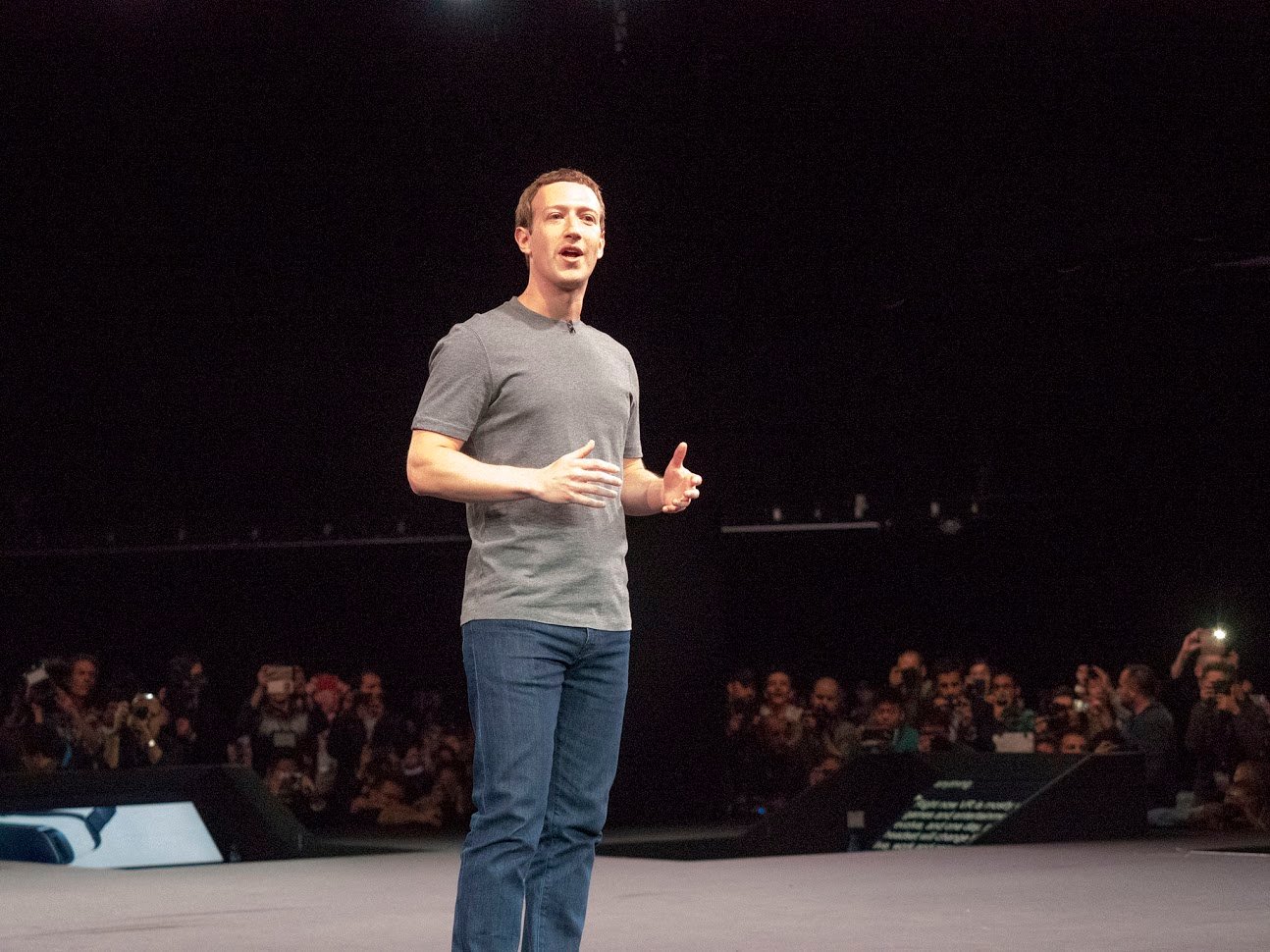Mark Zuckerberg on Jarvis — his home-built AI platform

If you're the wealthy CEO of one of the biggest tech companies out there, you probably have a staff of talented people who can do just about anything you ask of them. But if you're Mark Zuckerberg — and the thing you want is something ultra-cool like a complete AI server that you built from scratch — you roll up your sleeves and fire up your favorite text editor and get back to your roots.
Seeing Zuckerberg face the same challenges as the average Joe is satisfying because he's a guy who can fix them.
In his latest Facebook post, Zuck details the story of Jarvis, his home-brewed automation system and AI server. It's a must-read for anyone interested in things like making smart devices talk to each other as well as trying to make them even smarter with their own AI. But it also has some deep insights into what one of the people who will be building the future of all this tech thinks about where we are heading and how we'll get there.
Along the way, Zuckerberg ran into the same challenges everyone else trying to patch together a custom home automation system. For starters, most of the things we want to be automagic aren't even connected to the internet yet. Sure, I can buy a really cool automated coffee maker but there are still all sorts of other things on the kitchen counter that play a role in making me breakfast.
Once you sort out equipment that does what you need it to do and creative wiring with smart outlets to do the rest, you find that none of these gadgets wants to talk to each other. Sonos and Crestron and Samsung make cool connected gadgets that work really well, but you still need to find a way to do everything from one place with one interface. Then you need to find a way to build controls that work when you're trying to get the right piece of gear to do the right thing at the right time.
Seeing how the CEO of a huge tech company thinks lets us know that they can still be nerdy college kids at heart.
It's sort of satisfying to see someone like Zuckerberg face these situations because he's a man that might be able to fix it for the rest of us. Zuckerberg-built smart gadgets would get a million likes.
The post is especially insightful once he dives into making Jarvis smarter. Facebook has a pretty expansive code library that can show you an animated cat picture or drive vision processors to recognize a person by their face. And most everything in between. But that's only a starting point and once you get an AI to do something, you need to program when and how to do it, as well as what happens after it's done.
Understanding context is important for any AI. For example, when I tell it to turn the AC up in "my office", that means something completely different from when Priscilla tells it the exact same thing. That one caused some issues! Or, for example, when you ask it to make the lights dimmer or to play a song without specifying a room, it needs to know where you are or it might end up blasting music in Max's room when we really need her to take a nap. Whoops.
Even the best have those whoops moments.
Be an expert in 5 minutes
Get the latest news from Android Central, your trusted companion in the world of Android
Zuckerberg's takeaway from all this is fascinating. Not because I agree with everything he says or all of his predictions, but because it gives us a glimpse of how someone with the means to shape the future thinks it's going to play out.
Zuck might not be right about how the future's going to play out, but he'll be a big part of it all.
While the Zuckerberg house gets more automated — he mentions that he wants his Big Green Egg to be next and I'm on board and have the wire strippers ready — he'll be working on ways to get a computer to mimic or expand our human senses. The big breakthrough that allows machines to learn without programming has yet to come and Zuckerberg has as much chance to make it as a fresh Google intern does. And when it does come, it's great knowing that the shapers of the information age are just as interested as they were 10 years ago.
Do yourself a favor and give this one a good read.

Jerry is an amateur woodworker and struggling shade tree mechanic. There's nothing he can't take apart, but many things he can't reassemble. You'll find him writing and speaking his loud opinion on Android Central and occasionally on Threads.
